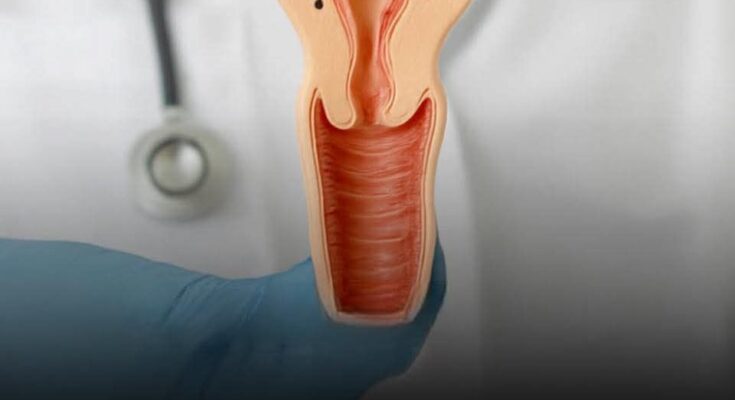It’s not talked about much, yet it’s something that affects far more women in France than most people realize.
Whether by choice, circumstance, or simply a stage of life, intimacy can sometimes fade for a while. But what really happens when that pause lasts longer than expected?
Spoiler alert: it’s not a disaster. Still, there are a few things worth knowing to help you navigate this period more comfortably.
Less Intimacy, More Questions
Intimate well-being is a bit like a plant — it needs care, time, and sometimes, quiet.
According to several recent studies, an increasing number of women in France go through periods without physical intimacy, often without ever talking about it. The result? Confusion, and sometimes a feeling of unease.
But there’s no need to feel guilty. It’s just a phase — and it can even be beneficial if it’s something you choose and experience peacefully.
The Body Adjusts — In Its Own Way
The first noticeable change tends to happen with sensitivity. Without regular physical contact, certain areas of the body can become either more sensitive… or less responsive. That doesn’t mean you’re losing any ability — it simply means your body is entering a kind of natural standby mode.
The good news? Everything can return smoothly whenever you want it to. The key is to listen to your own rhythm and stay connected to your body — through movement, self-massage, or simple relaxation.
What About Your Mood?
Here’s where things get interesting. Physical intimacy directly influences the production of feel-good hormones like oxytocin and dopamine. During long periods of abstinence, some people may feel more tense, less confident, or a bit emotionally fragile. But again, nothing to worry about! There are plenty of ways to lift your spirits: gentle exercise, walks in nature, yoga, meditation, laughter, hugs, or even just moments of affection that aren’t romantic. The goal is to find other ways to feel good.
What If You’re in a Relationship?
Sometimes, a lack of physical connection can lead to emotional distance — but it doesn’t have to. In fact, it can be a chance to reconnect in new ways: through conversation, rediscovery, and shared moments of closeness. Intimacy isn’t just physical. It also lives in small daily gestures — a kind word, a look, a touch, a shared laugh.
Here’s where things get interesting. Physical intimacy directly influences the production of feel-good hormones like oxytocin and dopamine. During long periods of abstinence, some people may feel more tense, less confident, or a bit emotionally fragile. But again, nothing to worry about! There are plenty of ways to lift your spirits: gentle exercise, walks in nature, yoga, meditation, laughter, hugs, or even just moments of affection that aren’t romantic. The goal is to find other ways to feel good.
What If You’re in a Relationship?
Sometimes, a lack of physical connection can lead to emotional distance — but it doesn’t have to. In fact, it can be a chance to reconnect in new ways: through conversation, rediscovery, and shared moments of closeness. Intimacy isn’t just physical. It also lives in small daily gestures — a kind word, a look, a touch, a shared laugh.
